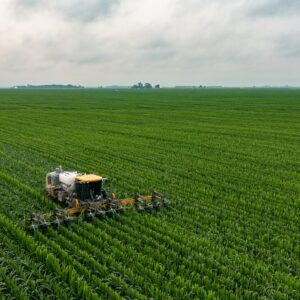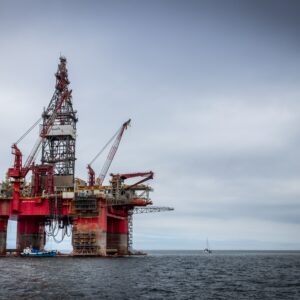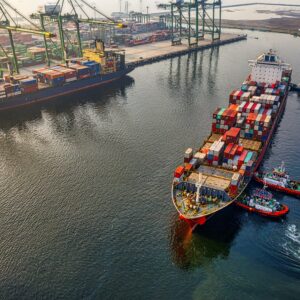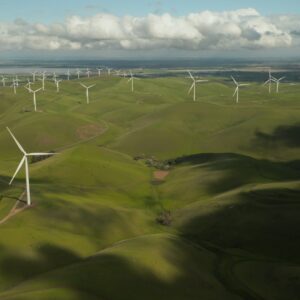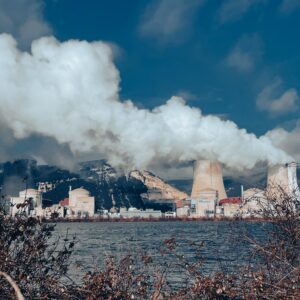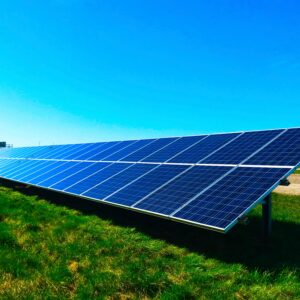The Challenge: Farmers and ranchers are on the front lines as the climate changes. Warming affects crop seasons, soil nutrition, and erosion. Extreme weather such as droughts, heat waves, and floods can ruin crops. Land-use changes, production, livestock management, fertilizer use, and transportation increase carbon dioxide, methane, and nitrous oxide emissions. The Opportunity: American farmers...
Author: <span>C3 Solutions</span>
The Climate and Freedom Agenda
The Challenge: Energy affordability, reliability, and security are critical to American families and businesses. When energy prices increase, they disproportionately harm low- and middle-income families. This economic pain extends beyond the pump and beyond the meter as American households are paying more for groceries, going out to eat and most other goods and services, since...
Adaptation for Safe, Resilient Communities
The Challenge: Adaptation is a cost-effective climate solution, and the private sector should play a leading role in assessing climate risk. Collaboration with the scientific community, federal, state, and local governments, the private sector, and other stakeholders can maximize resiliency and preparedness for natural disasters. Bad policy exacerbates the risks and costs of extreme weather....
Meeting America’s Infrastructure Needs
The Challenge: Americans need affordable, dependable transportation options to maintain their way of life. The transportation sector is also the largest source of greenhouse gas emissions in the United States, accounting for 29 percent of annual emissions . Globally, transportation accounts for about 20 percent of total carbon dioxide emissions. The Opportunity: Removing government-imposed barriers...
Active Management for Healthier Forests
The Challenge: Healthy forests provide many economic and environmental benefits to communities and the planet. Wood products are ubiquitous in the global economy, and forests promote healthier ecosystems by providing food and shelter to a wide range of animals and plants. Importantly, more robust, resilient forests are a natural climate solution. Trees, plants, and greenery...
Accelerating Renewable Energy Deployment
The Challenge: The business case for renewable energy sources is strong. Rather than distorting markets by subsidizing mature technologies with targeted tax credits, Congress and the administration should fix the policy problems that artificially drive up the cost of renewable projects. The Opportunity: Cost-competitive renewable energy generation will diversify America’s energy supply and provide families...
Accelerating Nuclear Energy Deployment
The Challenge: Nuclear power is the largest emissions-free source of electricity in the United States, and second-largest in the world (behind hydropower). Nuclear energy will be critical to meeting domestic and international climate targets, but antiquated policies and costly, ineffective regulations are slowing its progress and keeping innovative, advanced reactors on the shelf rather than...
Research and Development Drives Economic, Environmental Progress
The Challenge: Research and development at the private and public levels spurs scientific discoveries and technological breakthroughs to improve our knowledge base, human wellbeing, and the environment. At the federal level, many commercial breakthroughs originating from taxpayer-funded research have come through collaborative relationships with the private sector. Policy reforms should identify and remove barriers for...
Smart Tax Reform Will Help the Economy and the Environment
The Challenge: Lawmakers often use incentives in the tax code to promote specific energy sources. Different tax treatments provide specific benefits to coal, oil, natural gas, renewables, biofuels, energy efficiency, and nuclear power. Over the decades, laws have entrenched specific tax credits and exemptions. Some credits, initially designed to be temporary provisions to jumpstart nascent...
Capitalizing on America’s Energy Abundance and Improving Energy Security
The Challenge: Energy affordability, reliability, and security are critical to American families and businesses. When energy prices increase, they disproportionately harm low- and middle-income families. This economic pain extends beyond the pump and beyond the meter as American households are paying more for groceries, going out to eat and most other goods and services, since...


